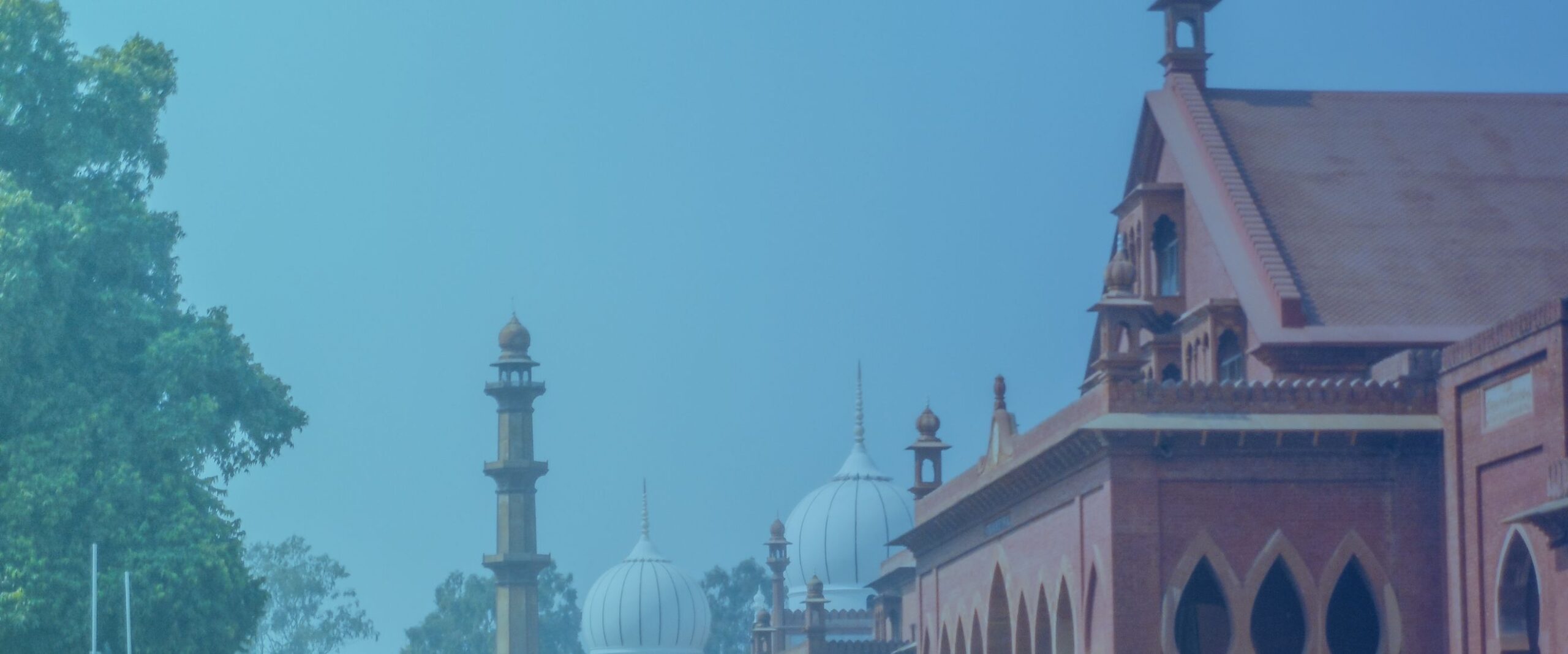Analysis
Supreme Court to deliver its decision on the minority status of Aligarh Muslim University
A seven-judge Constitution Bench will decide whether AMU fulfils the parameters of a minority institution under Article 30

Tomorrow, a seven-judge bench of the Supreme Court led by Chief Justice D.Y. Chandrachud is expected to determine the minority educational institution status of Aligarh Muslim University (AMU). Under Article 30, a religious and linguistic minority has the fundamental right to “establish and administer” educational institutions. Over eight days, the seven-judge bench heard arguments on whether AMU conformed with these essential requirements. For a crisp summary of all the arguments made in the hearings, click here.
The core issue
According to the university, AMU evolved from the Mohammedan Anglo-Oriental College (MAO). MAO was founded by Sir Syed Ahmed Khan in 1877. They contended that MAO college was transformed into AMU by using funds, facilities, faculty, and property belonging to MAO. AMU was the ultimate vision of Sir Syed, they stated. This vision came to fruition with the passing of the Aligarh Muslim University Act, 1920.
A lot has transpired since then. An amendment to the act in 1951 did away with compulsory religious education in AMU. As per Article 28, religious education is optional in institutions that are partially funded by the Union government. A subsequent amendment in 1965 removed the mandatory representation of Muslims in the supreme governing body of AMU, also known as “the Court.” This paved the way for non-Muslims to participate in the administration of AMU.
Two years later, the 1965 Amendment was challenged in the Supreme Court. A five-judge bench in Azeez Basha v Union of India held that AMU did not have a minority institution status simply because it was established by a central legislation—the AMU Act of 1920. It went on to say that AMU was not administered by members of the Muslim community either.
The arguments
Tomorrow, the seven-judge bench will determine the correctness of Azeez Basha. AMU consistently argued that it was founded with the primary aim of uplifting the Muslim community, with the MAO College serving as the nucleus of the university. They contended that the inclusion of non-Muslim members in the administration should not be a determining factor in its minority status, as the institution retains the ultimate choice in matters of administration. AMU warned that if minority institutions are placed under the purview of a Union-made legislation, it could jeopardise their minority status.
The Union government, on its part, contended that AMU was predominantly a non-minority institution since it was established by a central legislation and funded by the Union government. Further, according to the Act, the Governor General of India (and not the supreme governing body consisting of Muslims) was intended to be the ‘supreme administrative authority’ of AMU. The Union also pointed to the inclusion of AMU as an Institute of National Importance under Entry 63 of the Union List to contend that it was not a minority institution. Lastly, they argued that AMU voluntarily relinquished its minority rights to the imperial government.
The impact
There are several interested parties involved in the case, including alumni associations from AMU. Some stakeholders, including teaching faculties of the university, have argued in favour of AMU’s minority status. Professor Faizan Mustafa, a former Registrar of AMU, was seen in Court on all the eight days when the case was argued.
Petitioners argued for the reconsideration for Azeez Basha after a law introducing 50 percent reservation for Muslims in AMU’s medical college was challenged. The scheme was struck down by the Allahabad High Court in 2005 .
Initially, the United Progressive Alliance, led by the Congress Party, favoured the minority status of AMU. AMU and the UPA government both appealed against the Supreme Court’s decision. However, in 2016, the National Democratic Alliance led by the Bharatiya Janata Party withdrew the Union government’s appeal against the decision, and instead became an opposing party in the case.
Tomorrow’s decision could have ramifications on minority institutions that have aspirations of transforming into a university.